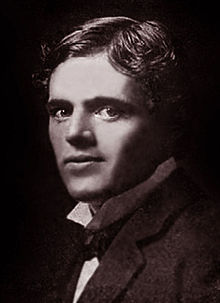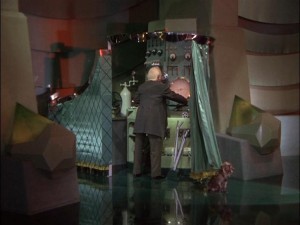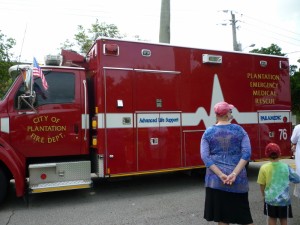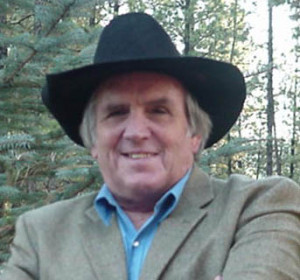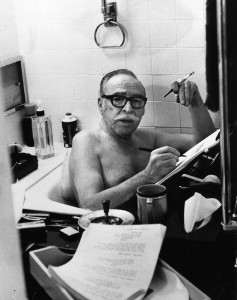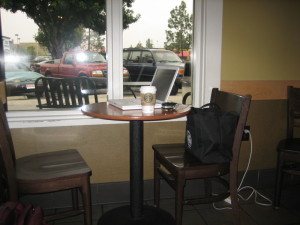Over the weekend, one of our neighbors a block away had a loud party. The music reverberated through our house. As our bedrooms faced the direction of their home, I took refuge in the family room with a pair of earplugs and a sound-making machine. I turned on the steady rain sound and curled up on the couch. Around 1:00 am, I woke up and crawled into the bedroom for the rest of the night. The house was blessedly quiet. Ah, Silence is Golden.
Wait a minute. I’m getting a mental message.
Silence is a treasure beyond words.
This sentence popped into my mind. Of course, silence is a treasure, and the absence of words may describe the quiet state. But this phrase means something more. It relates to my Work in Progress, a paranormal romance based on Norse mythology. My characters are hunting for the legendary Book of Odin, while other characters in my trilogy search for a fabled rune.
What if the rune translates to the above sentence? What does it mean? Does it refer to a real treasure? Or is it the silence that will ensue once the evil demon Loki is defeated and the final battle is over?
It’s wonderful when your subconscious supplies you with ideas. Usually, these gems come to me when taking a walk, in the shower, driving, or nearing sleep. This is the magic that occurs when your story inhabits your head and it just can’t wait to come out. You think that all you need to do is sit at the computer and let the words pour through your fingers. But unexpected ideas seep through the barriers when your defenses are down. They can provide you with solutions to plotting problems or add a new wrinkle to complicate your tale.
Twice in the midst of mysteries, I’ve tossed in a new character that wasn’t in my original synopsis. Then I had to relate this character to the story. I’ll do the same with the above sentence, but oh, what a delightful challenge. Hey, my characters don’t know what it means when they interpret the rune. Why should I? We’ll discover its significance together.
For those of you who are writers, can you recall instances when ideas related to your story have flashed into your mind like a neon sign, begging you to incorporate them into your tale?

